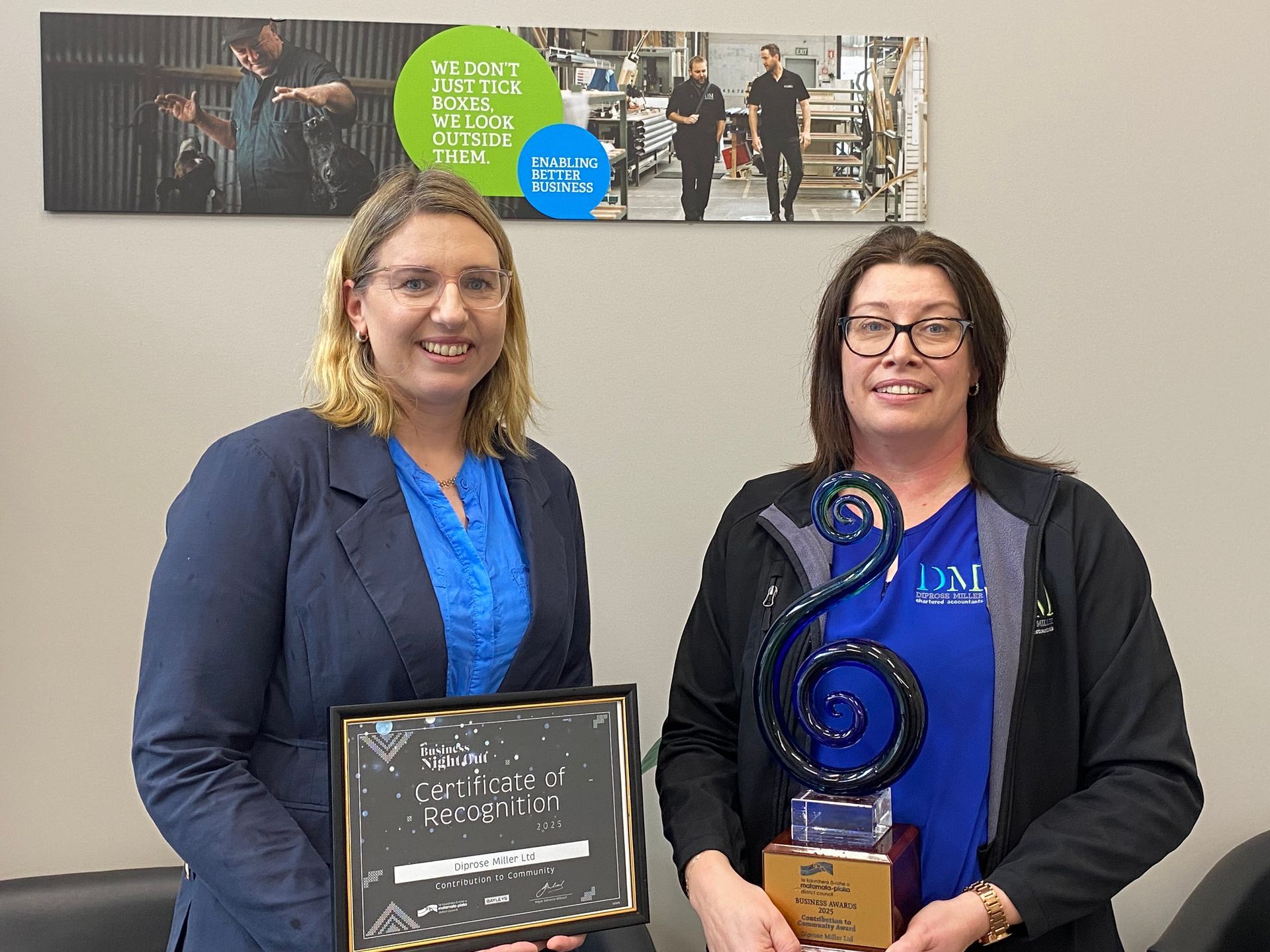Building a property portfolio is about more than just acquiring properties - it’s about managing the financial details that keep growth sustainable. From tracking cash flow to structuring ownership, the right accounting approach helps investors scale with confidence. Here are practical tips to strengthen your portfolio while maintaining financial stability.
1. Accurate Record Keeping
Maintaining accurate and detailed financial records is crucial for managing a growing property portfolio. This includes:
- Income Tracking: Document rental income for each property separately.
- Expense Records: Keep a record of all expenses, including maintenance, repair costs, property management fees, rates and insurance.
- Mortgage Documentation: Track loan balances, interest rates, and payment schedules.
Using accounting software tailored for property management can streamline this process and help you generate useful financial reports.
2. Understand Tax Implications
As your portfolio grows, so will the complexity of your tax responsibilities. Ensure you are familiar with:
- Deductible Expenses: Understand which expenses are tax-deductible to maximize your tax benefits. Common examples include mortgage interest, property taxes, and operational costs.
- Bright-Line Rules: Be aware of potential bright-line tax liabilities when selling property and explore tax strategies to mitigate these costs.
Consulting with a tax professional or accountant who specializes in real estate can provide valuable guidance.
3. Use Strategic Financing
Leverage strategic financing options to expand your property portfolio effectively:
- Refinancing: Consider refinancing your existing properties to take advantage of lower interest rates or to extract equity for new investments.
- Portfolio Loans: Utilize portfolio loans that enable you to finance several properties under one consolidated loan, simplifying management and potentially offering better terms.
Proper financial analysis will ensure that any borrowed capital is sustainable and beneficial in the long term.
4. Perform Regular Financial Analysis
Regularly assess the financial performance of your property investments to make informed decisions:
- Cash Flow Analysis: Continually monitor cash flow to ensure your properties are generating surplus cash that can fund new purchases or improvements.
- Profitability Metrics: Calculate metrics such as ROI (Return on Investment) and cap rates (Capitalization Rate) to evaluate the performance of individual properties.
Leveraging these analyses will help you identify underperforming assets and make strategic decisions on acquisitions or disposals.
5. Plan for Contingencies
Have a financial contingency plan in place to shield your portfolio from unexpected events, such as market downturns or natural disasters. This might include:
- Emergency Funds: Maintain a reserve of liquid assets to cover unexpected expenses or periods of reduced income.
- Insurance Coverage: Ensure adequate insurance coverage for each property to mitigate risks from damage or liability.
6. Engage Professional Services
As your property portfolio expands, the complexities of managing it can increase significantly. Consider engaging professionals such as:
- Accountants: They can manage the intricacies of financial records, compliance, and tax planning.
- Property Managers: They can handle daily operations, tenant management, and maintenance, allowing you to focus on strategic growth.
Growing a property portfolio requires careful financial planning and management. By keeping accurate records, understanding tax implications, strategically using financing, regularly analysing financial performance, and planning for contingencies, you can efficiently expand your real estate investments. Engaging professional services, including accounting support, will provide peace of mind and contribute to the long-term success of your portfolio.
If you need expert accounting services tailored to property investment portfolios, feel free to reach out to us.
Our team understands the nuances of real estate accounting and can provide personalized advice and solutions to support your investment objectives.













